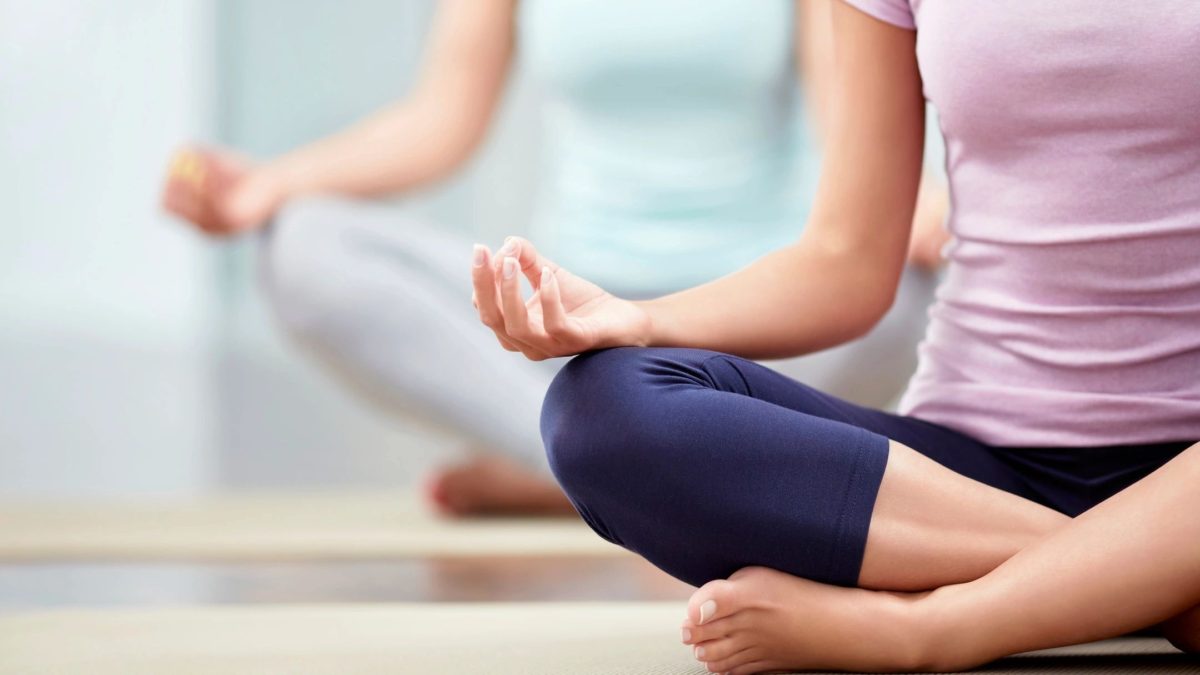
Self care is something we hear about a lot, but it might not be a concept you feel very familiar with. If you take walks, exercise regularly, and generally try and look after your mind and body, then anything additional may seem unnecessary. But that attitude is one that can very easily cause burnout. Self care is often, very simply, the difference between doing something because we want to and doing something because we have to. It’s really important to distinguish between the two, so here are some tips on getting started with a positive self care practice.
Find something you can focus on.
This could be anything – you might want to use crystals and stones to focus your mind and clear your personal space and environment. You might find cooking or spending time with your partner relaxing. But it’s worth remembering that what self care is for you as an individual can change on a day-to-day basis. So, on Monday you feel like you really want to go for a walk, and then when you come back you feel restored and ready to proceed with the rest of your day. But on Tuesday, you try the same thing and, even though you don’t really feel like it, you go for the walk anyway. When you get back, how do you feel? Probably not as restored as you did on Monday, right? What works one day won’t necessarily work the next, and it’s important not to try and force yourself into something that isn’t a right fit just now.
Tune into your thoughts.
This one is really important, and is the first step to understanding yourself and self care. You might have started talking yourself into believing something is self care when it actually isn’t. For example, you might have convinced yourself that going to the gym is self care, because you feel better afterwards and you know it’s good for you. But, if you really don’t want to go, then going to the gym won’t suddenly make you feel better – it might, but there’s no guarantee. One of the best ways of navigating this tricky situation is learning how to tune in to how you really feel about things. Try meditating and, if that’s completely new to you, then you can use an app such as Headspace. It will give you short, guided meditations for beginners so you can start easily.
Communicate with your friends and family.
This is also really crucial – if the people around you don’t know what’s going on, then they might have a negative reaction to your practice. Especially if you have children and live with your partner, you might find they resent you blocking off time for self care. Here’s where it’s really important to communicate with them. Tell them how you feel and explain exactly why you need to set aside time for self care. You can also offer to return the favor – if they look after the kids for you, you’ll do the same for them!
















